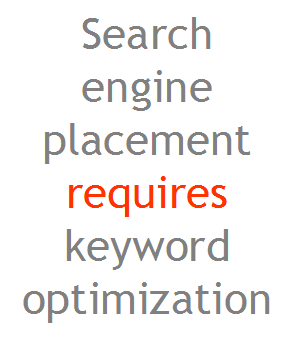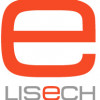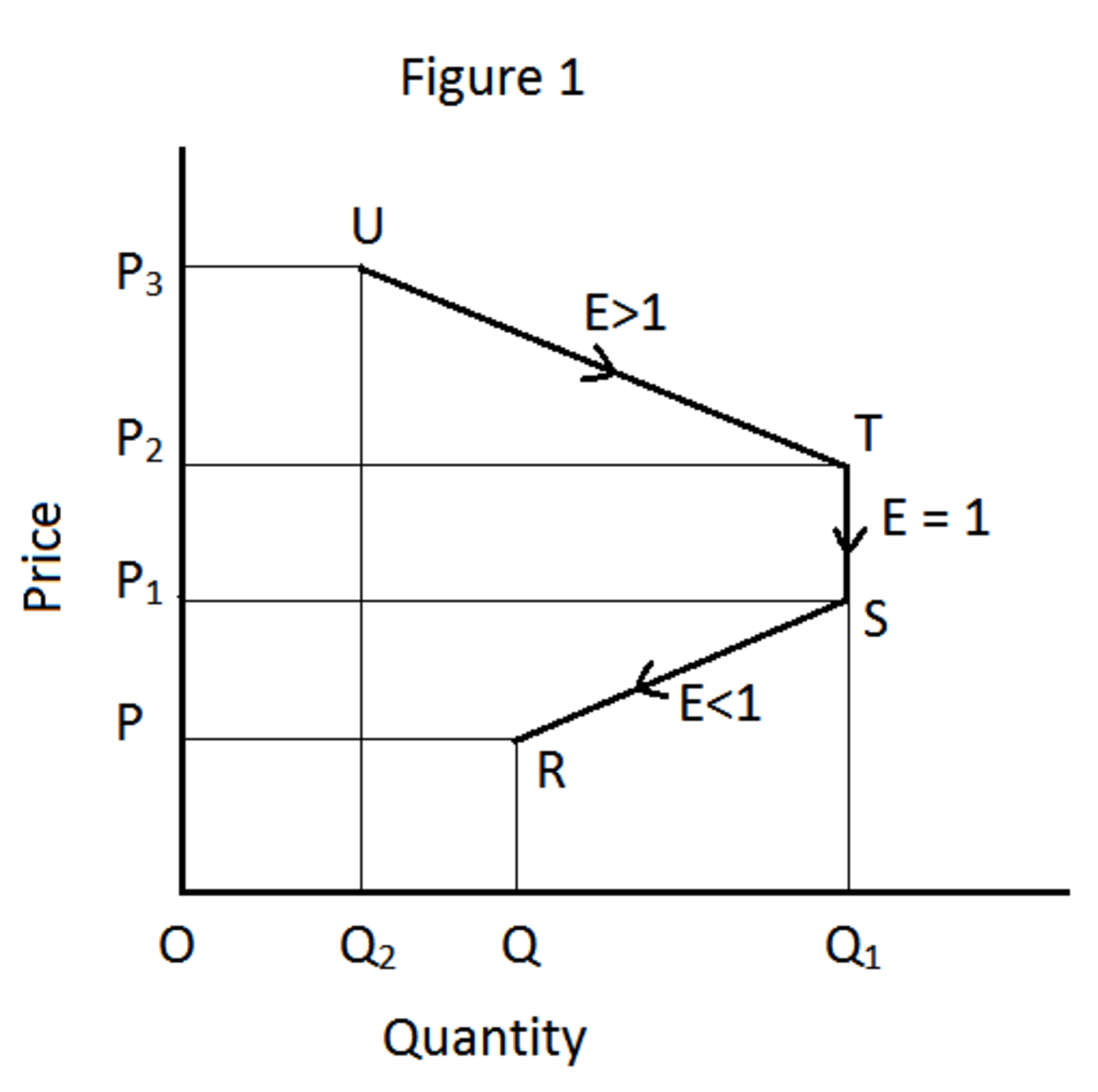Why Use Keyword Clusters For SEO
What Do Keyword Clusters Have To Do With Search Engine Optimization (SEO)?
You need to consider how people search using search engines. They are your audience. Not many type a single word, they want specific information and it takes more than one word to narrow their search.
When you take this into consideration it now makes sense to use more than one word. When you add words, you are creating a cluster. The group of words you choose helps define what value they will find for their particular wants and needs.
People search and Google wants them to find the most relevant content. When people search your cluster Google will place you where the searcher will find you. This placement then will be your goal as you are choosing your cluster.
What are you doing to be found by search engines?

Where Do You Find Out How To Create A Keyword Cluster?
The simplest method is to type your main keyword into a search engine. Once you get to the page one you find, look for other words which complement the message you are trying to convey. Once you find what you think you’re looking for search those words. This can either narrow the field or increase it.
Most blogging platforms suggest to keep narrowing your field down. This is done by adding searched terms which relate to your subject. If you can find searched words where the competition is below 50,000 results, you’re chances of being ranked fast are very high. The simplest, most inexpensive way to do this is with Google's AdWord tool.
Take the keywords you have chosen, go to AdWords and type them in the box at the top. Below the box hit search. This will tell you how many people are searching the cluster you put in. Below you will see a list of clusters where you might find better words, and lower the competition you will face. .
What You Are Looking For In AdWords
You are looking at two different areas. You want to see how many people have searched the cluster you are planning to use, and to find which word might be changed to reduce competition. You want the highest past searches possible with the least competition.
Once you have chosen your title you want your keyword cluster in the title, first paragraph and last paragraph. In each case every word of the cluster should be within eighty five characters. They don’t have to be in any order and it is believed it is better if they are not. Use the words in the cluster separate in your content and make sure they are in sentences which make sense to the reader. It is the readers’ comments and shares which are going to make the largest impact on where you are placed by a search engine.
Other Tips
One thing to consider is dating articles. There are people who search by date. This is especially so when a reader is looking for the most current information. A good way to date an article is in the copyright. It is one of the few aspects which only have to be in a blog or article once. When you update an article add the fact that you have at the bottom of the post with the days date upon which you did.
Something many people don’t consider, however should, is unique content. Writers have a tendency to use certain words or phrases which are specific to the keywords. This helps, because a search bot knows you have knowledge in your area of specialization. You don’t have to worry about optimizing these as you do it naturally. If people are searching those words chances are your blog, article, or website will show up for their search even if, and especially, if they are used only naturally.
Less Is Better
It is better to under optimize than over use your keywords. The latest Panda and Penguin changes are always done to bring relevant content and websites to a first page. Now, if you use your clusters too much you will end up on page fifty instead of a page one. Your readers will determine how much value a search engine will give articles and websites. You are writing to the reader not the search engine. Interesting unique content will go further than overuse of keywords or clusters in your SEO.
© Updated, May 26, 2021 11:15 PM CDT US Dennis Thorgesen for Lisech eMarketing, All rights reserved.
This article is accurate and true to the best of the author’s knowledge. Content is for informational or entertainment purposes only and does not substitute for personal counsel or professional advice in business, financial, legal, or technical matters.








